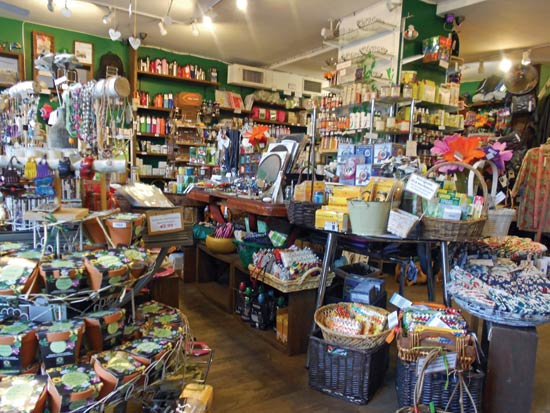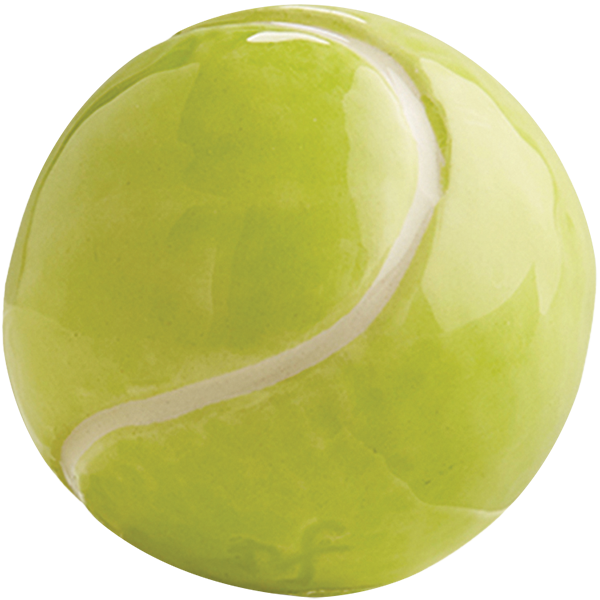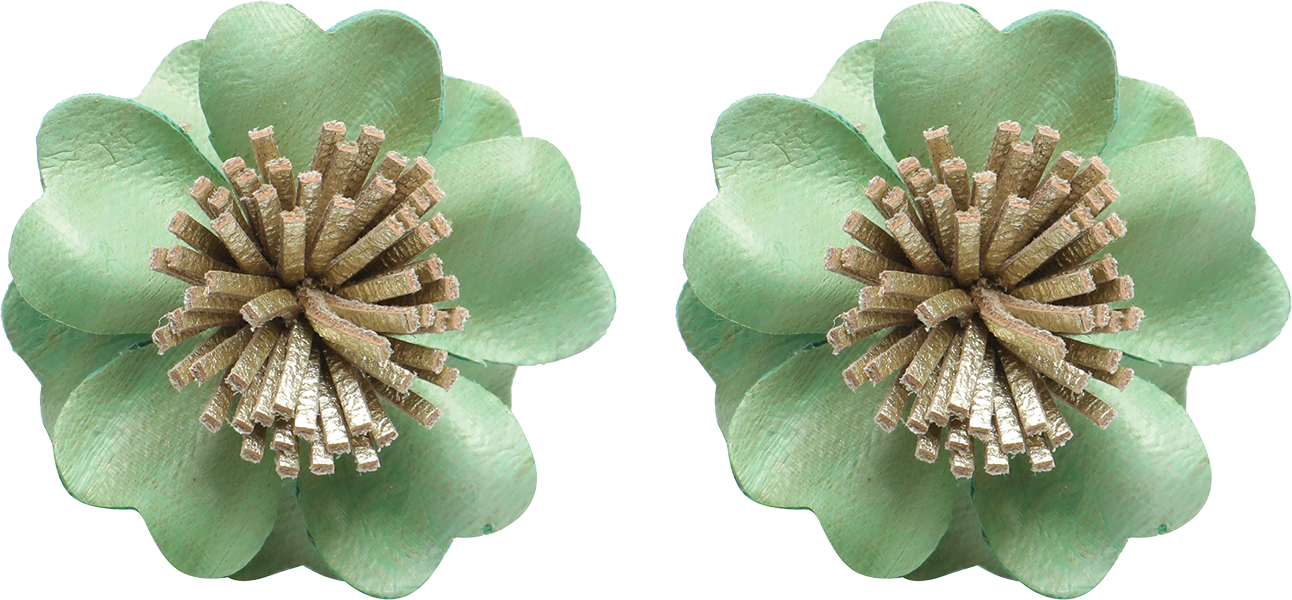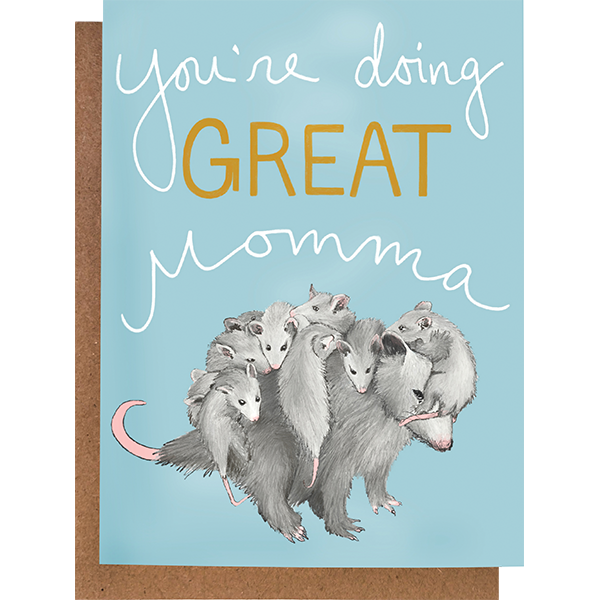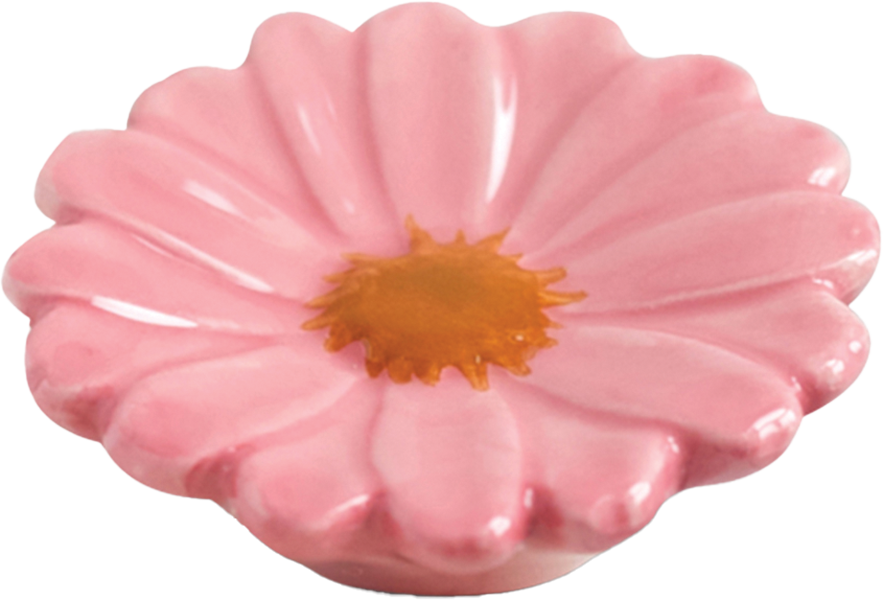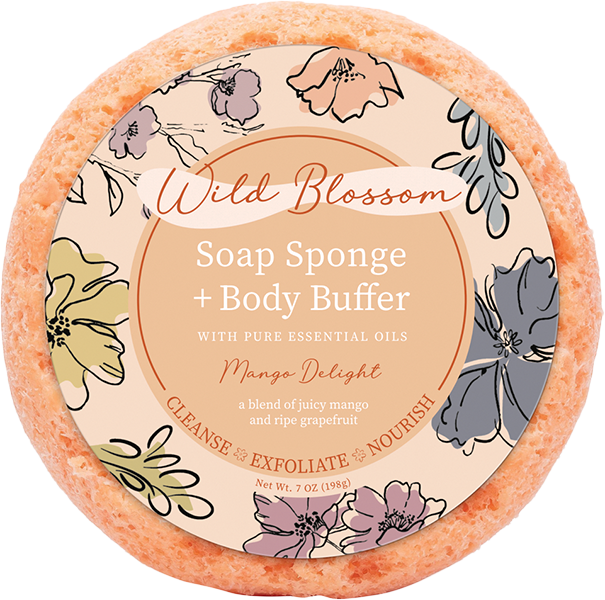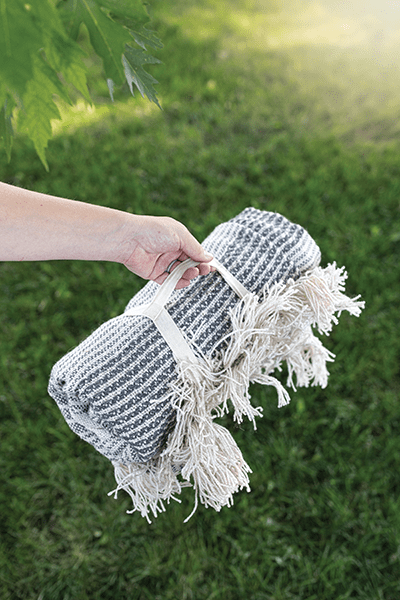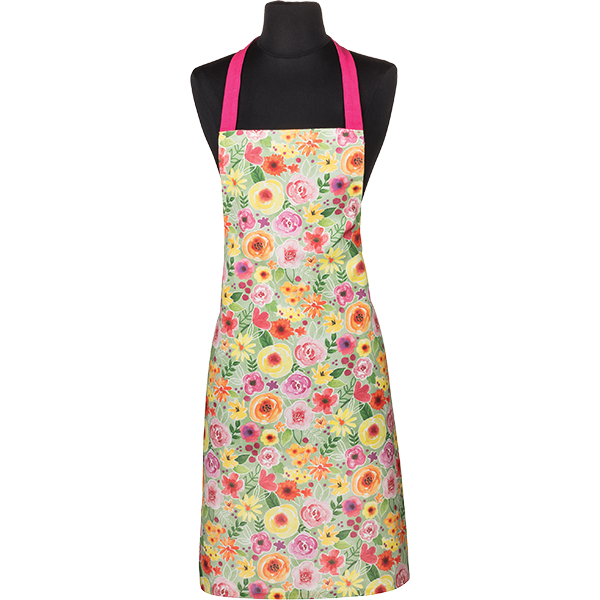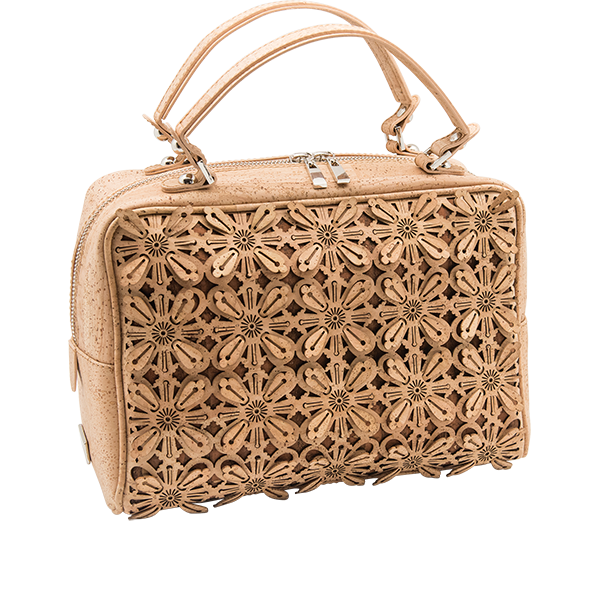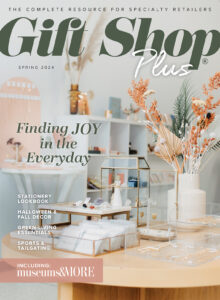Green in the Big Apple
Step into Sustainable NYC, and you’ve entered a thriving community hub. The owner, Dominique Camacho, has worked hard to create a green store where people visit to shop, relax and socialize.
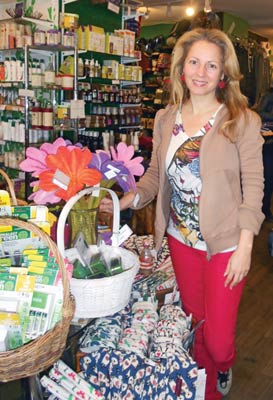 Sustainable NYC won Green America’s 2011 People’s Choice Award for Green Business of the Year, a notable award in the field of green retail. Green America, a nonprofit that operates a network of green businesses selected through a screening process, aims to connect shoppers with the most eco-friendly companies. Businesses in the network hold Green America’s Seal of Approval—and those with an impressive track record have a chance at an award.
Sustainable NYC won Green America’s 2011 People’s Choice Award for Green Business of the Year, a notable award in the field of green retail. Green America, a nonprofit that operates a network of green businesses selected through a screening process, aims to connect shoppers with the most eco-friendly companies. Businesses in the network hold Green America’s Seal of Approval—and those with an impressive track record have a chance at an award.
Sustainable NYC sells a wide variety of eco-friendly merchandise for women, men, children, and even pets. From funky slippers and organic clothing to cutting boards and tea selections, the shop has something to please just about anyone. The shop’s best-selling lines include ones from Tom’s Shoes, a company that donates a pair to children in need for every pair bought. Another top seller is Pretty Monsters, a skincare and beauty line that includes lip balms, body balms, tattoo balms, candles, and fragrances, all made locally.
The inviting shop manages to feel fun without being overly funky. Artistic displays like dolphin figures made of plastic six-pack rings, and whimsical merchandise like cosmetic bags made from recycled tape measures, add a fresh, playful touch to the store.
Green shoots
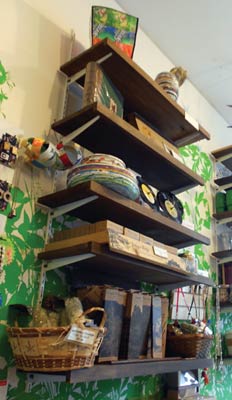 Camacho opened her store in 2008, after running a T-shirt business in the neighborhood, in lower Manhattan’s East Village, for years. She knew that New Yorkers and out-of-towners flock to the area for its local, independent shops. “We have a lot of local regulars, then we have destination shoppers who maybe read about us, or are seeking some eco-friendly shops,” she says. Despite New York’s size, she adds, the city has few truly eco-friendly shops with a diverse range of merchandise.
Camacho opened her store in 2008, after running a T-shirt business in the neighborhood, in lower Manhattan’s East Village, for years. She knew that New Yorkers and out-of-towners flock to the area for its local, independent shops. “We have a lot of local regulars, then we have destination shoppers who maybe read about us, or are seeking some eco-friendly shops,” she says. Despite New York’s size, she adds, the city has few truly eco-friendly shops with a diverse range of merchandise.
The space Camacho selected housed a coffee shop, which was closing down. “It was kind of a neighborhood institution,” she says. To afford the large space, she rented a third to a local café and bakery, which also provided seating. When the coffee shop owners decided to sell the business to her, she decided to keep the café because it drew a constant stream of traffic. “It would have been easier for us to make it all retail,” she says, but keeping the café paid off. “We love how people come in here every five minutes. Just having the traffic—it makes a difference.” The café also creates an inviting atmosphere, encouraging people to linger and make the store part of their routine.
Building green
Camacho followed green principles in building the store and selecting display fixtures. “We actually worked with a carpenter who was using reclaimed wood from old buildings in New York,” she says. The carpenter used this wood for much of the shelves and paneling. Camacho chose water-based finishes for many of the surfaces, and opted for countertops and tabletops made of recycled records. “Our furniture is all from Craigslist,” she adds. Most of the garment holders are from stores that went out of business, while most of the other fixtures are from Craigslist too. “The lighting in here is CFL, and the sign outside and our outdoor lighting is solar powered. Our paint is zero VOC,” she adds. Alternative energy powers the store as well.
Green retailers shouldn’t assume their contractor knows how to implement earth-friendly practices, Camacho says. “I think it’s less and less of a challenge as time goes by,” she adds, as more construction companies are adopting greener practices.
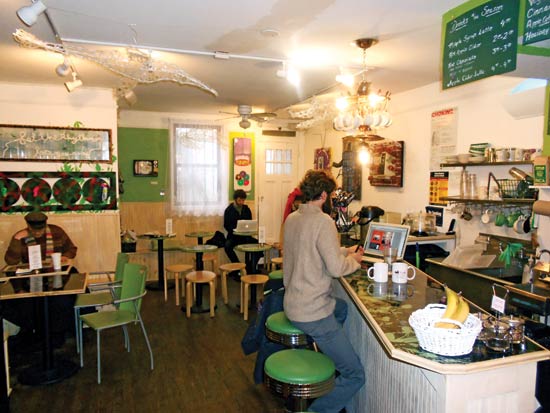
Green goods
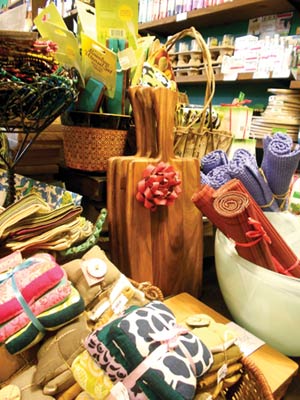 As for her products, she says, “Our mission is local business partnerships. We buy local, organic, fair-trade, recycled, repurposed, alternative energy, biodegradable products and gifts.” She and her staff only choose suppliers who follow the Ethical Trading Initiative Base Code, a set of best labor practices in ethical trade developed by the Ethical Trading Initiative (ETI), a collective of companies, trade unions, and non-governmental organizations. The code aims to ensure safe, fair working conditions for workers who create products. The ETI doesn’t certify products, but requires member companies make continued strides toward using more ethical trading practices. Camacho says all cleaning products and disposable goods must be biodegradable. All products are organic, with no artificial colors, dyes, or fragrances.
As for her products, she says, “Our mission is local business partnerships. We buy local, organic, fair-trade, recycled, repurposed, alternative energy, biodegradable products and gifts.” She and her staff only choose suppliers who follow the Ethical Trading Initiative Base Code, a set of best labor practices in ethical trade developed by the Ethical Trading Initiative (ETI), a collective of companies, trade unions, and non-governmental organizations. The code aims to ensure safe, fair working conditions for workers who create products. The ETI doesn’t certify products, but requires member companies make continued strides toward using more ethical trading practices. Camacho says all cleaning products and disposable goods must be biodegradable. All products are organic, with no artificial colors, dyes, or fragrances.
Camacho and her staff of eight (not counting the half-dozen café staff) don’t buy products tested on animals and use only recycled or biodegradable shopping bags for purchases. While aiming to purchase local products whenever possible, the store buys carbon offsets from TerraPass—a company that funds carbon reduction initiatives through offsets purchased by individuals and businesses—for products transported more than 500 miles.
Concentration on community
The store draws a broad customer base, particularly people in their twenties through forties, as well as teenagers. Camacho uses in-store events, held in the café, as a primary marketing tool. These include art shows, film screenings, book readings, and other community events—the only stipulation being that events have an eco-friendly concept.
“We’ve had the Nature Conservancy here; we’ve had people who [make] skin care lines and food nutritionists call us. I mean, anyone and everyone with a green product, craft, or organization has the opportunity to hold an event here,” she says. “And we provide wine; that’s the way we like to spend the marketing money. It’s so worth it.”
Camacho and her staff are currently considering options for expansion, such as partnering with an established chain retailer to start a franchise. In the meantime, the store remains a vital part of its vibrant urban community.
